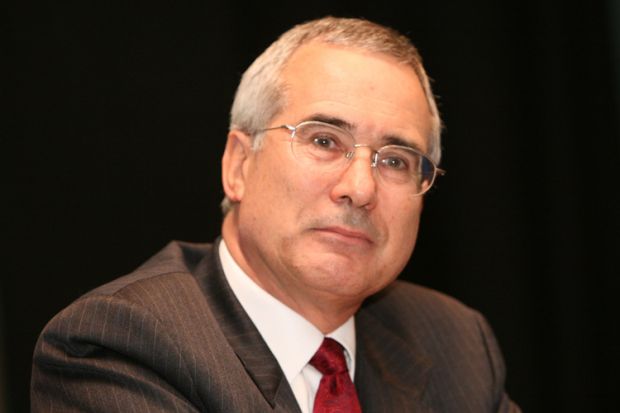Overseas universities are already planning to poach top European researchers from the UK in the wake of the Brexit vote, the president of the British Academy has warned.
Lord Stern told the House of Lords Science and Technology Committee this morning that “entrepreneurial vice-chancellors in Europe, entrepreneurial presidents in the US, are already circling”.
He said that it was crucial to give a “clear reassurance” to European Union researchers currently in the UK of their future in Britain.
His comments reinforce fears of a brain drain after the result, with an unclear immigration situation prompting EU researchers to leave the UK and simultaneously making it more difficult to recruit from abroad. Non-UK EU nationals make up 15 per cent of academic staff at UK universities.
Seven national academies including the British Academy and Royal Society today published a joint letter calling on the government to give assurances to EU researchers that “they and their dependents will be able to continue to live and work here”.
Lord Stern’s comments were echoed by Alex Halliday, physical secretary of the Royal Society, who told members of the Lords committee: “People are deciding not to come to the UK right now…because of what’s happened.”
Last week, the Conference Board of Canada, a thinktank, suggested offering UK researchers “incentives” to relocate to the country in order to take advantage of the instability following the referendum result.
Aside from a brain drain, one of the other concerns for UK researchers after the vote is being shunned by European counterparts who fear that British involvement in bids for EU funding will jeopardise their chances of success given the uncertainty over EU membership.
The universities minister Jo Johnson has called for “hard evidence” that this “discrimination” is occurring.
Dame Jocelyn Bell Burnell, president of the Royal Society of Edinburgh, told the Lords committee that the Institute of Physics was currently compiling a dossier of European institutions and individual academics who were refusing to work with UK researchers “because we’re leaving” the EU.
She added that one of the “relatively few” benefits of Brexit was that the UK could say “stuff that” to “ponderous” regulations on research into genetically modified organisms. EU rules on GMOs were criticised by the Commons Science and Technology committee in a report released shortly before the referendum for being too restrictive.
Register to continue
Why register?
- Registration is free and only takes a moment
- Once registered, you can read 3 articles a month
- Sign up for our newsletter
Subscribe
Or subscribe for unlimited access to:
- Unlimited access to news, views, insights & reviews
- Digital editions
- Digital access to THE’s university and college rankings analysis
Already registered or a current subscriber? Login








